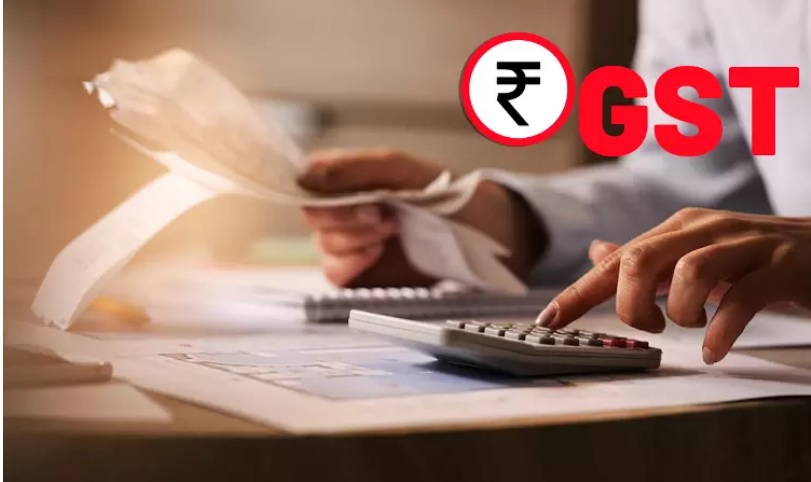Concurrent Tax Investigations: A Legal Analysis Of Parallel Proceedings In GST Framework
In the intricate tapestry of India's GST framework, the emergence of concurrent tax investigations can be attributed to this dual administrative structure, where both, Central and State Governments wield the authority to levy and administer GST. This duality can, however, result in situations leading to the potential scrutiny of a single transaction or entity by both, Central and State Tax authorities, leading to parallel proceedings.
To achieve the goal of a harmonised tax structure, Section 6 of the Central Goods and Services Tax Act (CGST Act) provides for cross empowerment of the Central and State Tax officers, with pari materia provisions in the SGST Act. However, since both, the Central and the State Tax authorities can exercise jurisdiction over an assessee, Section 6(2)(b) of the CGST Act expressly stipulates that where a Proper Officer under the SGST Act has initiated any proceedings on a subject matter, no proceedings shall be initiated by the corresponding Proper Officer under the CGST Act on the same subject matter. Similar provision is reciprocated in the State/Union Territories GST Laws.
The underlying purpose of Section 6 of the CGST Act is to safeguard a taxpayer from being subjected to multiple authorities for the same subject matter, whilst simultaneously empowering the Officers under the Central or State GST Acts to take appropriate action under law. This provision underscores the legislative intent to shield taxpayers from enduring multiple, concurrent investigations for the same set of transactions, ensuring administrative order and coherence, and preventing duplicity.
While construing the objective behind Section 6 of the CGST Act, it can be duly inferred that the same is guided by the principle of “Comity of Courts which essentially entails that a Court will not pass an order which would otherwise be in conflict with an order passed by another competent Court of law.[1] The said principle is rooted in Article 20(2) of the Constitution of India, safeguarding all persons against double jeopardy, the genesis of which emanates from the French maxim “autrefois convict”. Similarly, it echoes the Civil Law doctrine of ‘res judicata’, which on a constructive application, means that parties that have been subject to proceedings before one authority cannot be subject to proceedings on the same subject matter before another competent authority, having concurrent jurisdiction. All of these aforesaid principles, as also the legislative design behind Section 6(2)(b) of the CGST Act, 2017 point to the inescapable principle of law that no person shall be subject to multiple proceedings for the same event, either by multiple authorities or subsequently at a different point in time.
The above intent was further clarified vide Circular dated 05.10.2018 issued by the CBEC, explaining that both, the Central Tax Officers as well as the State Tax Officers are authorized to initiate intelligence based enforcement action on the entire taxpayer’s base “irrespective of the administrative assignment of the taxpayer to any authority”, and that the authority which initiates such action is empowered to complete the entire process of investigation, issuance of Show Cause Notice, adjudication, recovery, appeal, etc. It further clarifies that if such action is initiated by an officer against a taxpayer administratively assigned to the other tax authority, i.e. Centre or State, the jurisdictional officer must hold his hands. This implies that the initiating authority would not transfer the said case to its jurisdictional tax counterpart having administrative assignment over the taxpayer, but would itself take the case to its logical conclusion. Thus, Section 6 of the CGST Act read with the aforementioned Circular, clearly ensures that there is no overlap of jurisdiction by the Central and the State Tax Officers; rather it brings harmony between the Centre and the State Authorities for the same event of taxation.
There are and have been several instances where both, the Centre and State authorities have initiated action against a taxpayer, for the same subject matter, subjecting him to multiple jurisdictions, necessitating judicial intervention in light of the mandate under Section 6(2)(b) of the CGST Act. Recently, in the case of GK Trading,[2] the Allahabad High Court had the opportunity to interpret the terms ‘inquiry’, ‘proceedings’, and ‘subject matter’ refers to same cause of action for the same dispute involved in a proceeding before a Proper Officer. In this case, while the investigation was pending against the Petitioner, an inquiry was simultaneously launched under Section 70 of the Act. While emphasizing on ‘inquiry’ under the Act, the Court held that under Section 70, inquiry refers to summoning individuals for evidence or for producing documents before the Proper Officer, distinct from statutory steps preceding or following it. The inquiry process under Section 70 is specifically and cohesively defined by the purpose for which Chapter XIV of the Act empowers the Proper Officer, whereas the proceedings under Section 6(2)(b) are subsequent to the inquiry. Thus, it was concluded that ‘inquiry’ under Section 70 cannot be intermixed with ‘proceedings’ under Section 6(2)(b), and hence, the writ was dismissed finding that there was no ‘proceeding’ by the Proper Officer against the Petitioner, but merely an inquiry under Section 70.





